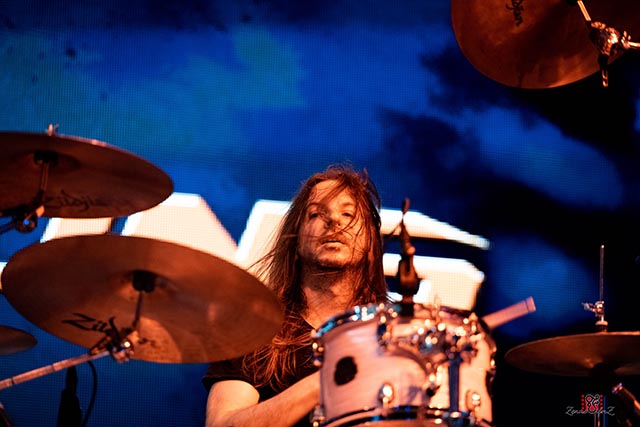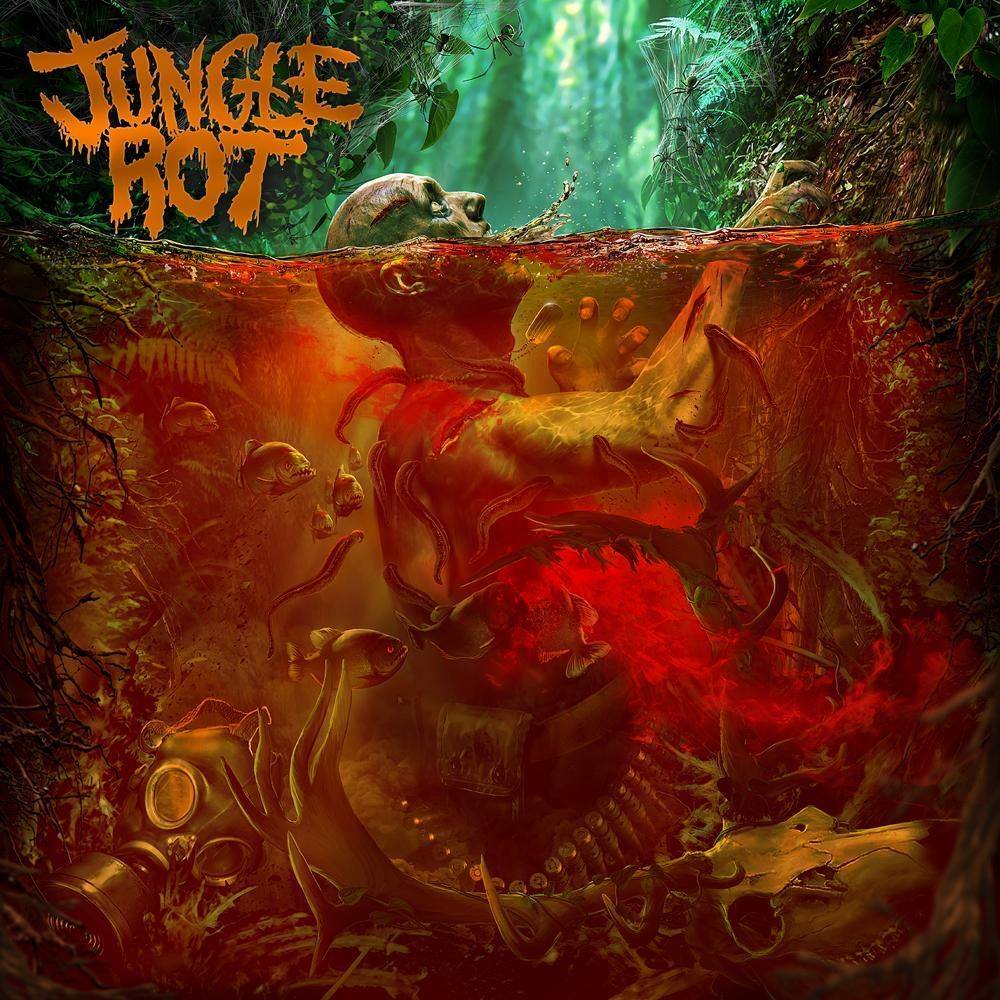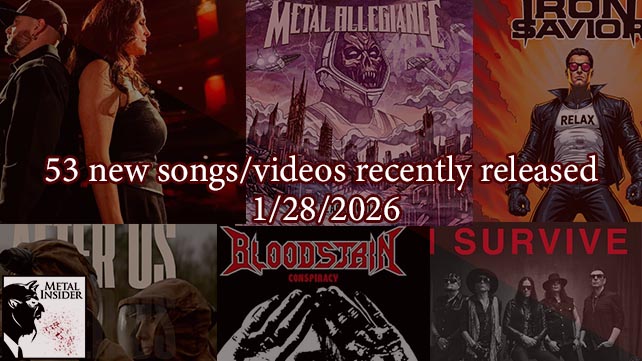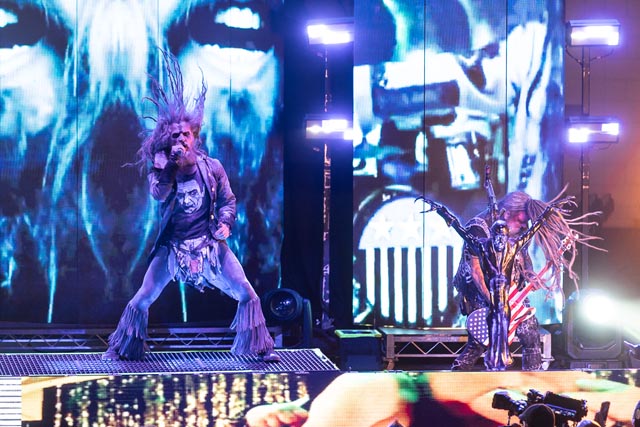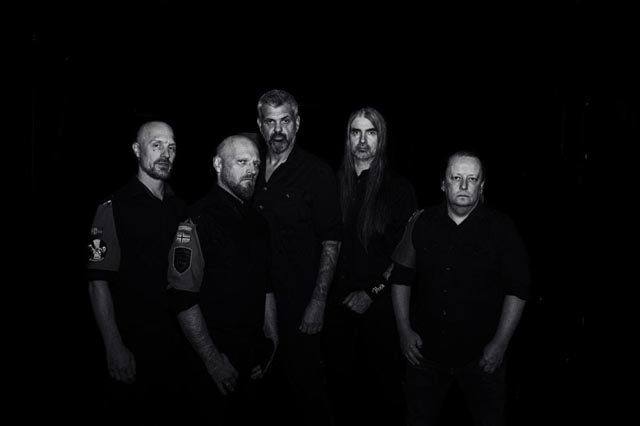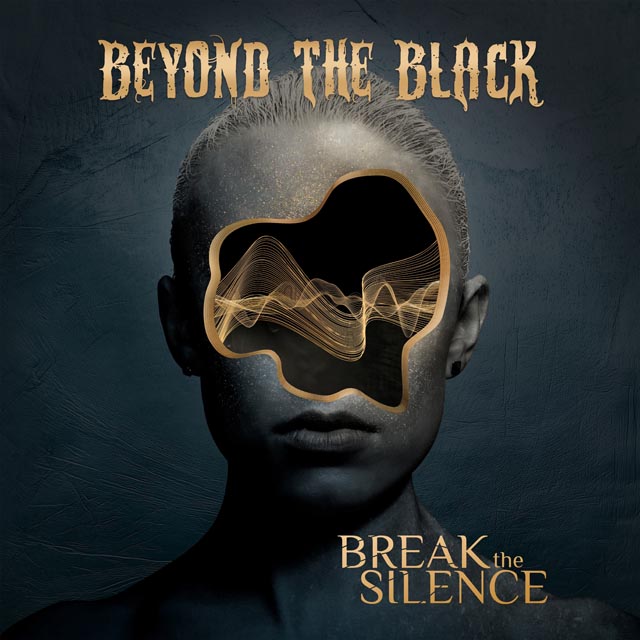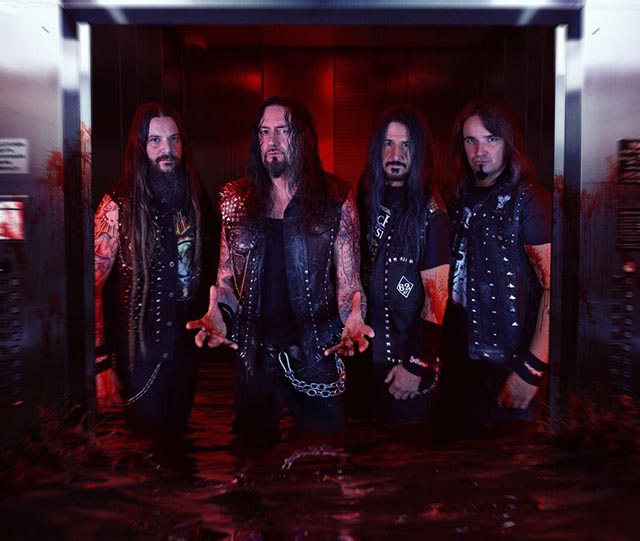
German thrashers Destruction have unleashed their new album, Diabolical, on April 8th via Napalm Records. Since then, the group returned to North America for their first time in five years and a long return with two guitarists. We caught up with the band’s mastermind Schmier to discuss the record, performing live again, and more.
How has the new lineup affected the creative process of writing the new album, Diabolical?
Yeah, of course, it’s a little bit different. As you know, the songwriting team has changed. And on the other side, the chemistry between the band members is the best ever at the moment. And you can also hear that in the result in the album. Because in the end, it’s all about chemistry between the band members and we work really well. This time we were all pulling on the same road, you know, we all wanted this album to sound like the way it sounds now. More old school, more thrashy, and more guitars. Also, it’s a really great process and working hand in hand with the boys because I’m the main songwriter, but the other guys really helped me with all the details. And so it’s been a great team effort.
I know you guys had quite a few changes, from the lineup to signing with Napalm Records, how has that label switch happened for you?
You know, sometimes when you’re on the same team for too long, it’s good to have a change. So onto going to Napalm, which is also a big player. One of the best labels in the world at the moment. It was just a new refreshment for us. It was great to join a new team of motivated people, of metalheads and work for a great cause and we felt welcome right away. And they are doing a great job. Actually, this is the best crew ever in the last twenty years. You know, maybe when we started the reunion in 2000/1999 the promotion was similar but now Napalm is really giving their best for this album and this is great to see because, for a band, to see the label really stand behind you. They give you full support of what you do and that’s really in Napalm, they never tried to tell us what to do. We can always decide on our own on what we want and it was just a great collaboration partner and I feel really lucky that we had found such a great label.
So they give you a lot of freedom.
Oh, yeah. Yeah. It wasn’t always like this in the eighties, coming from the eighties, where the labels really tried to tell you what to do, try to tell you what manager would cover what studio you have to use. And nowadays we decide everything on our own. And of course, we want your opinion of the label. Sometimes we, you know, we, we tell them what we were doing and ask for their opinion. But in the end, it’s the artist’s choice, what they do.
Were there any challenges you faced recording the album due to the ongoing pandemic?
Oh yeah! because we are all from different parts of Europe, we don’t all live in Germany, we live all over Europe and we have to record and also our rehearsal studio is also in Switzerland. We recorded the album in Switzerland so for a little while the borders were closed to Switzerland and we couldn’t enter. And then when it was allowed to enter you had to have proof of working. We needed special letters in the studio to prove that we are only in Switzerland for twenty-four hours to work in the studio so it was kind of complicated for a while to record this album and meet the guys who were also sending a lot of files back and forth. We couldn’t all be in the studio at the same time for a while and stuff. It was a little challenging but you are also well prepared for them because you’ve been doing it like this before because we all live far away from each other. We always send files around and we learn at home and rehearse at home.. And then we just met up again and we rehearsed together but it was different this time because in the pandemic we didn’t know the end, you know, when we can meet again is it going to work out to record the album like this. The good thing about it, it gave us time. There was no time pressure. And that was a great thing because we could actually take our time recording this record.
Can you talk about the song “No Faith In Humanity?”
“No Faith in Humanity” is a song about the situation of the world. When I travel the world I always see the same things that we all want. We don’t want war, we want happiness and want to enjoy life. We want to travel. We want to be free. And so many old phrases like we are all from the same blood that shows only unity and solidarity is key for humanity to survive. And we don’t understand this in all our history that the wars won’t help us create a future for our kids. This is what the song is all about. I don’t really have faith in humanity, but I am hoping that we will find solidarity and we will start to look for borders to stop wars from happening. Our leaders make wars our people don’t want wars. And that’s what this song is all about.
I agree. It’s stressful and unfair. I mean, look what’s happening with Russia and Ukraine, it’s upsetting.
It’s very upsetting. Especially as a musician when you’ve been traveling around the globe, when you go to those countries and you see similarities of the countries, even the former Soviet Union, they’re like so close and so far, at the same time. And a lot of Russians have relatives in Ukraine and the other way around the fighting each other because their president is a fucking warmonger and you want Soviet Union back. And this, of course, is all in the media and on the Internet and you can see all the details , more cruel details than ever about the war. This is the most documented war we ever had before. So it’s really close to us and you see how brutal the war really is. People will hopefully realize we don’t need wars in this world anymore. We have to stop it. And I see the European Union and NATO and also America became closer together again because of this war. That’s actually the good side about it. But it has to stop immediately.
What songs were more challenging to write?
I think we had a great run at the end, and sometimes you write the best songs in the beginning, but I actually always have to write the best songs at the end. So the title song, Diabolical, Isn’t for me. One of the highlights of the album was actually the last song I wrote at the end of the album, a recording session and writing session. And so the challenges were in between a little bit too, because I try to make an album that is fast and aggressive, but I try to make an album that also has different beats per minute. I really wrote down all the beats In the Trance you know what? What’s still missing? We need to have so many songs on this, and this beat but we need something that is more groovy and stuff. And I’m actually not the best writer for groovy stuff. I love fast and speedy. I always come up with riffs that are fast and I sit down and focus myself on how to write some more groovy stuff. And that song is “Repent Your Sins,” a slowed down song that has more of a groovy approach. And it’s a more pounding song than the speedy one. But I think it turned out good too. It was great fun to write stuff like this, especially my drummer Randy. He really likes when I come up with more groovy riffs because he can put down some really cool beats on it and that’s basically what he did at the end. But, actually the songwriting wasn’t really challenging and it was great fun. It was just fantastic to jam out again and write songs.
This year marks the tenth anniversary for Spiritual Genocide, what fun memories do you have from creating this record?
I always have great memories when you’re thinking about albums and you look back you actually caught the one record that was recorded in different studios and then we mixed it as well. It was like at the end it was three studios, that we recorded the album. That’s actually a great fun thing to do, not being locked in one studio for a long time. It was great to record some basics there, and the drums there and then mixing it in a different studio. So we didn’t have this locked away situation in the studio. We could really enjoy the little patterns of the recording session. And I remember our drummer Vaaver. It was his second album. So he actually came to the studio so well prepared and he just blew us away. The guy recording the drums, he was like, man, your drummer is a monster. He’s so well prepared. and it was really impressive for us that he really dived into the songs so hard and he worked so hard at home to work out all the drum patterns. And some people again thought that and said it was a Drum Machine playing on the album. But no, it was Vaaver who’s been an outstanding drummer.
How was your excitement to return to North America after such an absence from being on the road?
When the pandemic started we were on tour in Europe and we never could come over to America for the last album. 2019 for Born To Perish. So this tour is basically a tour for two albums now for the new album of course and also Born To Perish and the last time we were in America was 2017. It’s been five years since we’ve been in the States.And of course the best of set list of all the history of Destruction and of course some of the great new tunes and this was the first time that America saw us with two guitarists, actually the last time we played with two guitars in America was in 1988 I think on the tour with the Cro Mags back in the day since then we were always a three piece. So this is a mark to the remarkable situation that we have two guitars again which actually pushes the band to much heavier life And I think the four piece is really great. With two guitarists again and also playing some of the songs that we couldn’t play for a long time and it really sounds massive now.
Is there anything else you want to say or add about the new album?
I hope the fans will give it a chance to listen to new tracks and all. I know it’s been a crazy year with the pandemic and the lineup changes and changing the label and stuff, but we worked hard for this record and I can assure you 100% sounds like Destruction at its best. We added all the little extras, double harmonies solos, twin leads and locked guitar duels. So the album is full of guitars and that’s the way a metal should be. And thrash metal I think so give it a chance, give it a spin.



